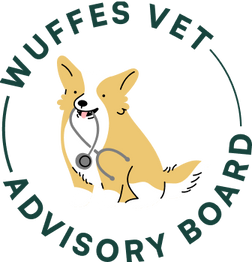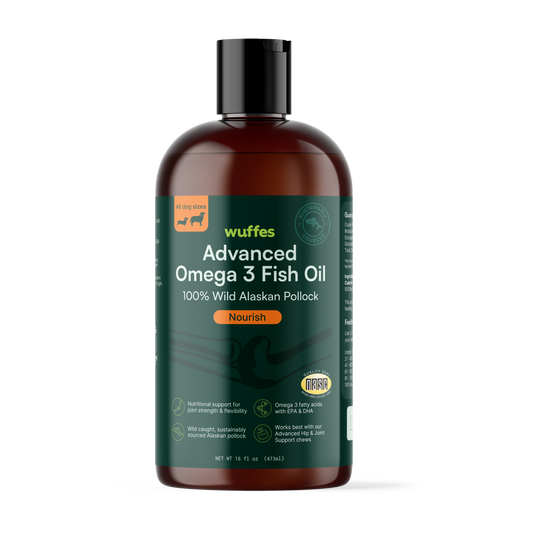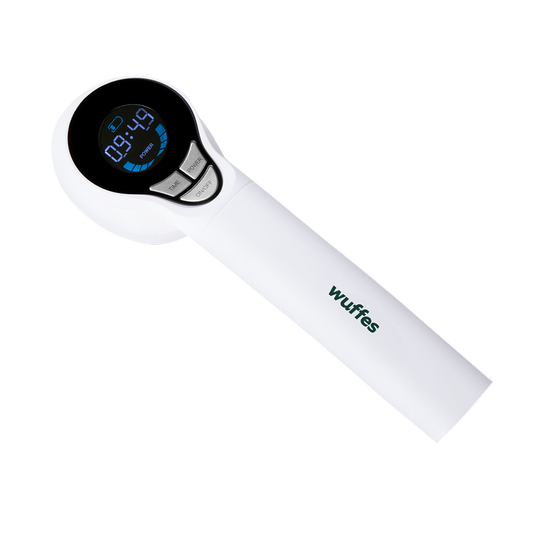As dogs age, many experience joint issues that impact mobility and overall quality of life. However, by providing an appropriate diet, supplements, and low-impact exercise, you can support your dog’s joint health and help them maintain an active lifestyle.
The right diet
Healthy Weight
One of the most effective ways to support joint health is to keep your dog at a healthy weight. Excess weight puts additional strain on joints and can contribute to systemic inflammation. A study in dogs showed that maintaining a lean body mass extended lifespan by 2 years and delayed onset of osteoarthritis by 6 years.[1] As little as 6% reduction in body weight can decrease lameness.[2]
Protein
Protein is essential for muscle maintenance, which helps stabilize joints and contributes to overall structural health. Ensuring your dog receives quality protein supports their vitality and physical function. As dogs age, the protein required to maintain muscle mass increases.[3]
Multivitamins
Multivitamins may help provide additional micronutrients, particularly those not required to be contained in commercial pet foods such as taurine and biotin. Multivitamins can also benefit dogs receiving inadequate nutrients due to decreased appetite or those receiving home-cooked diets to ensure they are getting the appropriate balance of vitamins and minerals. Consult with a board-certified veterinary nutritional specialist if you are interested in feeding your dog a home-cooked diet.
The Right Supplements
Additional joint supplementation can help promote joint health by providing the following ingredients:
Fish Oil (Omega-3)
The majority of research indicates that fish oil helps maintain joint health by supporting a normal inflammatory response and promoting flexibility in the joints.[4] While whole foods can be high in omega-3 fatty acids, they are often provided in insufficient quantities to support joint health, thus additional supplementation such as Wild Alaskan Pollock Oil is required.
Undenatured Type II Collagen (UC-II)
UC-II helps regulate immune responses associated with joint discomfort.
Glucosamine and Chondroitin
Glucosamine supports joint lubrication, and chondroitin aids in maintaining cartilage elasticity.
Always consult your veterinarian to ensure the best supplement choices for your dog’s specific needs.
The right exercise
Low-Impact Daily Activity: A study showed that dogs with hip osteoarthritis who were receiving at least 60 minutes of exercise per day were less lame than dogs who were less active.[5] Walking and swimming are joint-friendly activities, and swimming is particularly effective because it facilitates joint range of motion with minimal joint loading. Dogs with mobility disorders can additionally benefit from an exercise plan designed by a rehabilitation therapist.
Dr. Jennifer Repac - DVM, DACSMR, CVA, CCRT, CVCH













